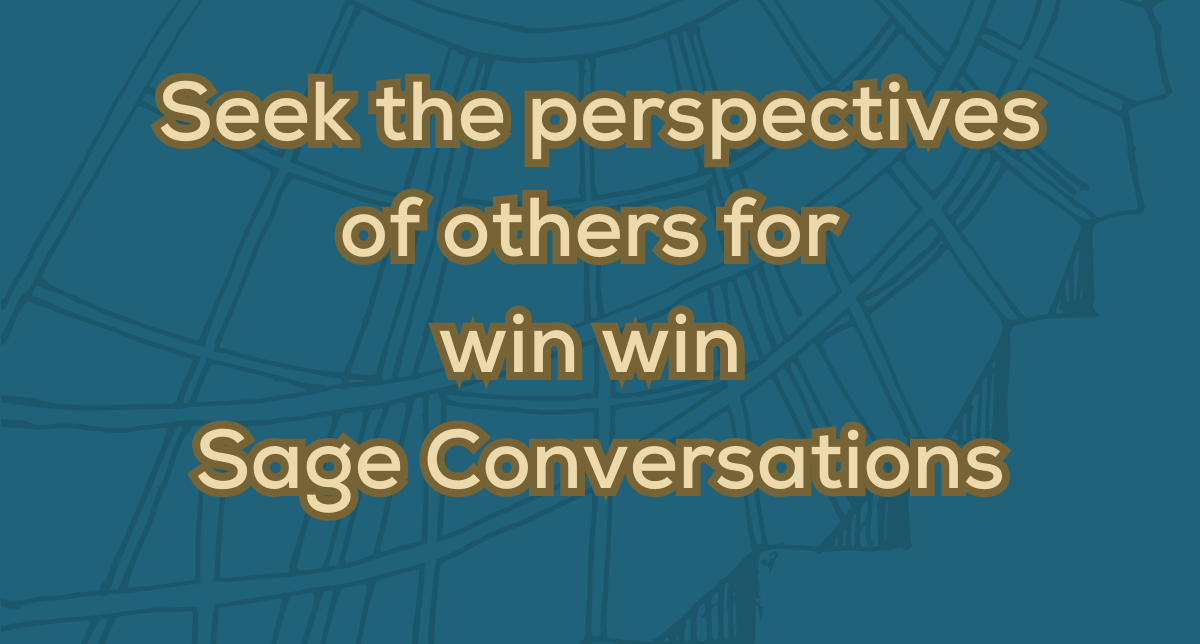
This question comes from the Trust Self-Assessment Questionnaire that I use when working with senior leadership teams. Like many of the questions, there is often a significant difference between the rating the leaders give themselves and the rating that their direct reports give.
It doesn’t mean that Senior Leaders aren’t interested in their Team Member’s perspectives. It is more often because they are used to being the one who must have the answers. Even though Leaders know that the people who are doing the work know more about the processes and outcomes, it is hard to let go completely.
This is the time to really dig into learning more about your Team Members perspectives, about their work, their projects, the outcomes, their opinions, the functionality of their workspace and everything and anything they experience as roadblocks or bottlenecks.
I’m not suggesting that Team Members know everything and Leaders must not question. In fact, I mean the opposite. Leaders can’t offer a better solution or alternative perspective until they know what Team members know first.
In too many exchanges between Leaders and Team Members, I have observed the Leader ask a question that clearly indicated they already knew the answer or at least expected a particular answer. The Team Member can either debate or reply with the acceptable answer. The inner voice of Team Member sounds something like…” well I guess they think they know better and maybe they do, so I will just shut up and go with the flow”.
A lose lose conversation.
There is a different conversational pattern that will serve both the Leader and Team Members better and bring about better solutions for the company. It is a simple 3 step pattern: ask, listen and reflect.
ASK questions to discover something new or don’t expect.
LISTEN with full attention to their answer. (Tip: do not form a response, or opinion while listening)
ASK questions about the answer you heard.
LISTEN to understand the meaning behind the words.
REFLECT back what you heard, as you understood it.
ASK if you got their meaning, fully.
LISTEN for gaps in your understanding of what they meant.
ASK more details and clarity about their meaning.
THANK them for sharing their thoughts & ideas!
What has been your experience in learning the perspectives of your direct reports or colleagues? Do you think the ASK, LISTEN, REFLECT conversational pattern will illicit more and better ideas?
